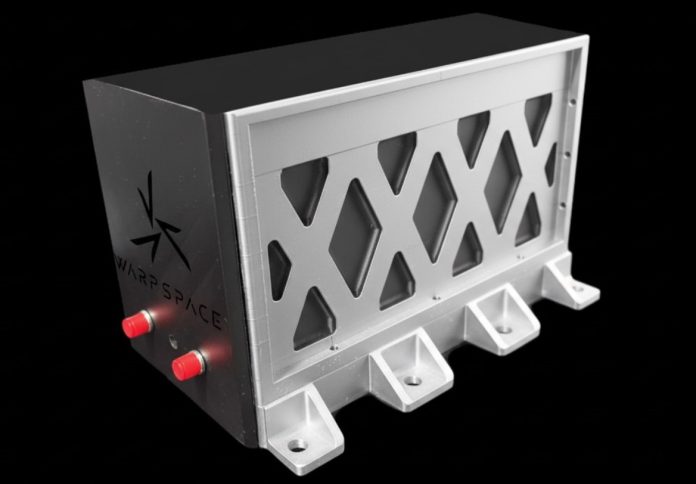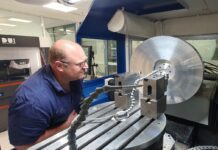
The University of South Australia (UniSA) has announced a new partnership with Adelaide-based space start-up RapidBeam and Japanese space technology company Warpspace to advance laser satellite communications.
In a news release, UniSA said the agreement will focus on the development of next-generation laser communication systems designed to deliver faster, more secure, and more reliable data transfer compared to traditional radio-based methods.
Warpspace’s optical modem, HOCSAI, will play a central role in the partnership, with plans to test and integrate it into the Australasian Optical Ground Station Network, a UniSA-led laser communications network operating across Australia and New Zealand.
According to the university, the trials will assess how the modem connects with different systems, meets international standards, and performs in both satellite-to-satellite and space-to-ground communication.
UniSA Mike Miller SmartSat Chair in Telecommunications, Professor Craig Smith, said the partnership represents an important step for Australia in the global space sector.
“Free-space optical communications will be critical for future connectivity,” Professor Smith said. “By combining our research expertise with industry innovation, we are helping to build resilient, high-capacity networks that will support space missions from low Earth orbit right through to deep space.”
Warpspace Group Chief Strategy Officer, Hirokazu Mori, said the collaboration reflects growing cooperation between Japan and Australia in space technologies.
“Working with RapidBeam and UniSA allows us to accelerate the development of new technologies and expand into Australia’s fast-growing space sector,” Mori said.
“Together we anticipate breakthroughs that will benefit both countries and the global industry.”
RapidBeam founder Adi Rajendran said the partnership supports the company’s goal of building a sovereign 5G satellite constellation to deliver reliable connectivity for emergency services, defence, and remote areas.
“Laser satellite communications will be the backbone of secure, high-capacity networks,” Rajendran said.
“Warpspace’s modem is a major step forward, directly supporting our plans for a constellation that can keep people connected on Earth and ultimately pave the way for interplanetary communications.”
RapidBeam previously participated in Venture Catalyst Space, a global accelerator program delivered by UniSA’s Innovation & Collaboration Centre in 2024.
















